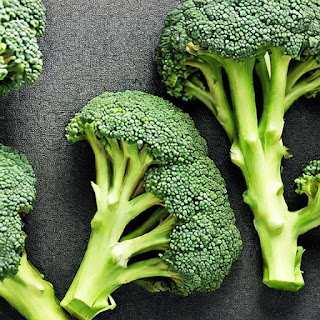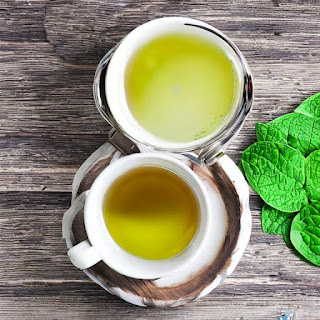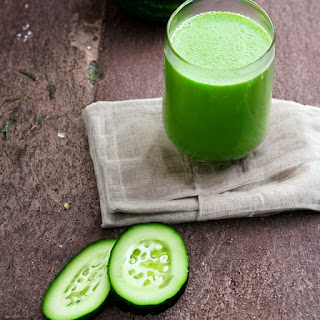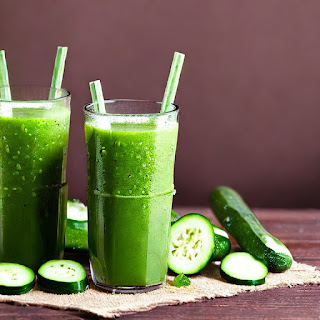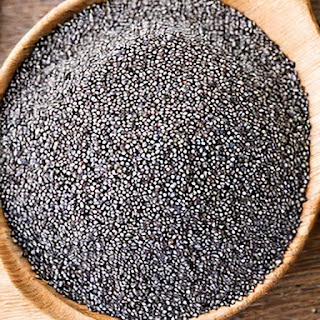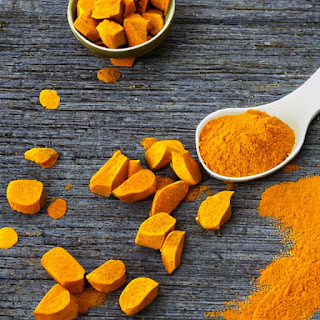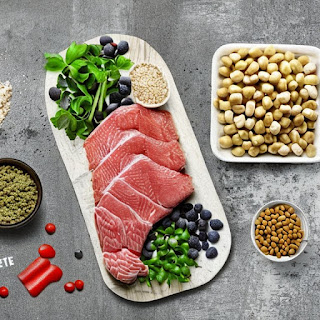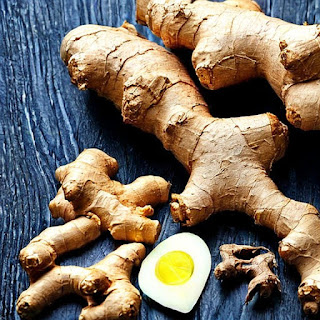A culinary Odyssey: The Epic Tale of Pizza, Gastronomy, and Restaurants
In the rich tapestry of culinary wonders, a savory masterpiece emerged as a global sensation — pizza. This delectable creation, with its perfect harmony of flavors and diverse toppings, held a magical allure that transcended borders. Our journey begins with the origins of pizza, a dish deeply rooted in the sun-kissed lands of Italy, where the aroma of freshly baked crusts wafted through the cobbled streets, captivating the hearts of locals and travelers alike.
The Birth of a Culinary Legend
In the quaint Italian town of Naples, centuries ago, pizza made its humble debut. The traditional Neapolitan pizza, with its thin, crispy crust, aromatic tomato sauce, and the finest of mozzarella, was a delight that sparked the flame of a culinary revolution. As time unfurled its pages, the evolution of pizza unfolded, weaving a tale that traversed continents and embraced diverse cultures.
The Melody of Tradition
The first notes of our story resonate with the traditional tunes of Neapolitan pizza. Each ingredient, carefully selected, contributed to the symphony of flavors that danced on the tongues of those fortunate enough to savor this local treasure.
The Global Sonata
As the winds of change swept across the culinary landscape, the melody of pizza adapted and transformed. From New York-style slices to Chicago's deep-dish wonders, and beyond to the creative interpretations of Japan and Brazil, pizza became a global gastronomic ambassador, resonating with the unique tastes of each culture it encountered.
Culinary Horizons - Beyond Borders
The Cultural Banquet
Food, beyond being sustenance, became a cultural expression. As we journeyed through diverse landscapes, we discovered how different cultures embraced and celebrated their culinary heritage. The communal act of sharing meals became a tapestry that wove people together, fostering bonds that transcended language and nationality.
Gastronomic Alchemy
Our culinary voyage continued, revealing the alchemy of food trends shaping the gastronomic horizon. From the resurgence of artisanal ingredients to the fusion of flavors, the culinary scene was a canvas painted with innovation. The traditional and the modern coexisted, creating a kaleidoscope of tastes that tantalized the senses.
The Enchanted Halls of Restaurants
The Evolutionary Chronicles
In the heart of our story stood the monumental halls of restaurants. These gastronomic sanctuaries had evolved through the ages, from humble establishments of antiquity to modern-day epicurean temples. The ambiance, the service, and, of course, the menu were all integral components of the dining experience.
The Gastronomic Revolution
Within the enchanted halls, a revolution was underway. Technology, sustainability, and changing consumer preferences were reshaping the landscape. Restaurants, once traditional in their approach, embraced innovation to stay relevant in a fast-paced world.
Restaurants as Community Pillars
Beyond the mere act of dining, restaurants emerged as community hubs. They were spaces where people gathered, celebrated, and forged connections. The impact of restaurants on local communities became a subplot in our story, revealing the intricate dance between the culinary and societal realms.
Harmonizing Pizza, Food, and Restaurants
The Global Culinary Ambassador
In the heart of our tale, pizza emerged as a global culinary ambassador. Its universal appeal acted as a unifying force, bridging cultural gaps and bringing people together in shared appreciation. The aroma of freshly baked pizza became a language understood by all.
The Culinary Symphony
Within the enchanted halls of restaurants, pizza took center stage. Chefs orchestrated a culinary symphony, strategically integrating pizza into their menus. The challenges of balancing tradition with innovation added a dramatic flair to our narrative, creating a captivating story within a story.
Fusion of Flavors: A Culinary Ballet
Emerging trends revealed a fusion of flavors, where pizza gracefully pirouetted with diverse cuisines. The harmonious dance of tastes elevated the dining experience, showcasing the dynamic nature of contemporary gastronomy.
A Culinary Masterpiece Unveiled
Our epic journey through the realms of pizza, gastronomy, and restaurants unveils a culinary masterpiece. The narrative, woven with the threads of tradition, innovation, and community, reflects the evolving tapestry of our collective epicurean odyssey. From the humble origins of pizza to the global gastronomic ambassador it became, intertwined with the enchanting halls of restaurants, each element contributes to the vibrant mosaic that defines our culinary landscape. As we close this chapter, the aroma of pizza lingers in the air, a testament to the enduring magic of a dish that has transcended time, borders, and palates. The epic tale of pizza, gastronomy, and restaurants continues to unfold, promising new flavors, cultural revelations, and gastronomic adventures for generations to come.












